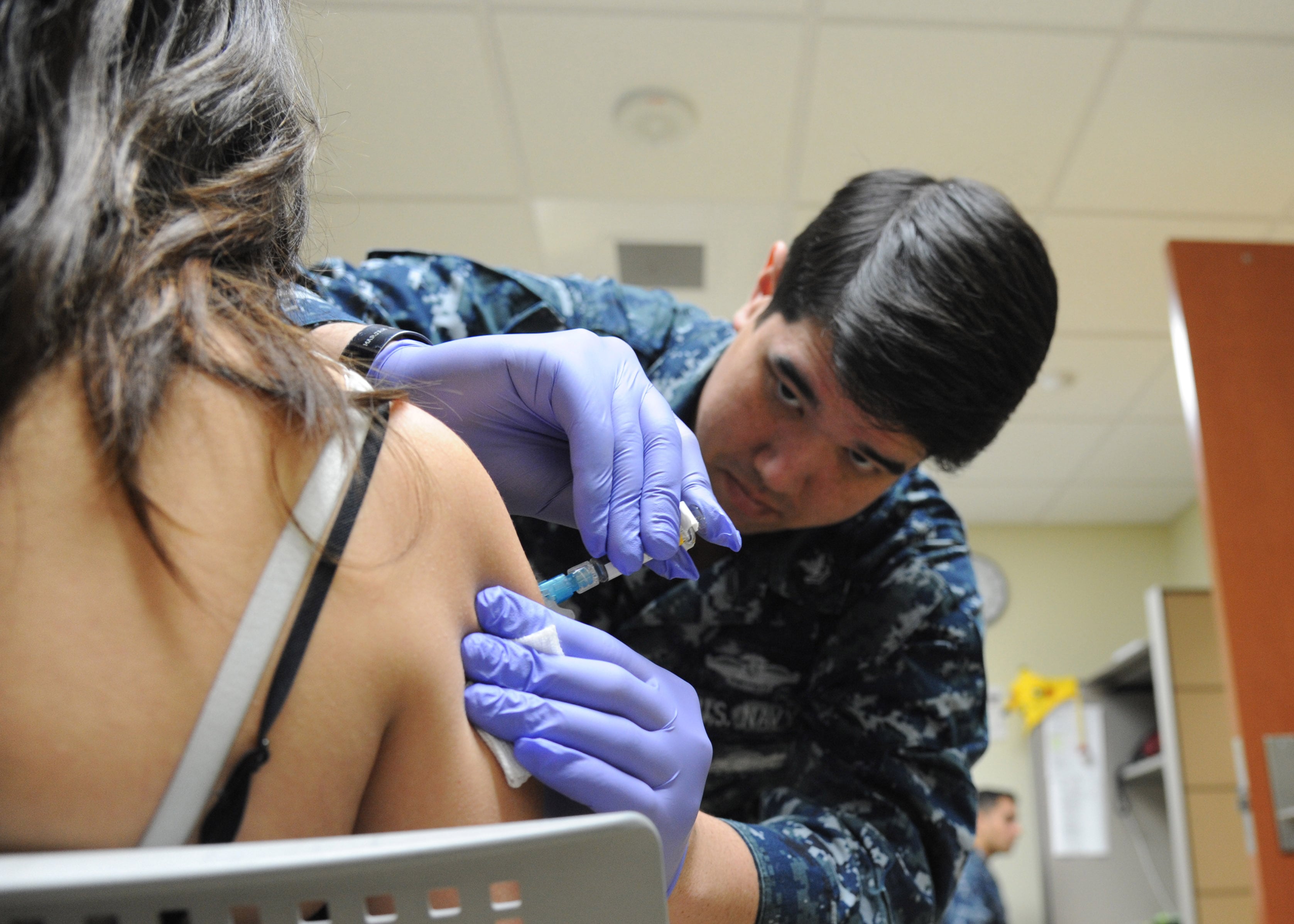Many military families are evaluating whether they’re going to continue to pay for Tricare Young Adult coverage for their children up to age 26, given the cost increase come January.
Monthly premiums will increase by 22 percent, to $459 for those in Tricare Young Adult Prime; and by 12 percent, to $257, for those in Tricare Young Adult Select.
One wife of a medically retired service member said two of their three children are in college, and one will turn 23 shortly — which means they will have to buy Tricare Young Adult coverage in order for their daughter to continue to be covered under Tricare. “Since I am disabled too, and can’t work anymore, it will be very hard on us. I can imagine that the ridiculous high rate is hard on most military families,” she told Military Times.
By law, the Tricare Young Adult programs must be at no cost to the government, under the rules set when it was implemented in 2013. So the full cost of the program’s premiums is reflected in the fees charged to families. Defense officials look at the health care expenditures for the program for the previous year and calculate the costs.
Military families purchase the Tricare Young Adult insurance because they plan to use it, said Mark Ellis, chief of policy and programs for the Tricare Health Plan. Officials see a higher utilization of outpatient visits, inpatient hospitalization and particularly pharmacy benefits in the Tricare Young Adult population, he said.
A small number of enrollees made up a large chunk of the benefits used, Ellis added.
For example, in the previous year, seven Tricare Young Adult Prime enrollees accounted for 40 percent of the overall pharmacy costs, Ellis said. That’s seven people in a population of 10,509 adult children enrolled in TYA Prime. Likely, those patients have some sort of medical condition, typically a genetic disorder, that requires very high-cost drugs, he said.
In 2018, there was one Tricare Young Adult Prime burn patient whose treatment cost the government nearly $1 million, he said. Because the enrollees’ premiums must cover the costs, the financial risks are spread across all those enrolled in the TYA programs when determining the premiums for the next year. And comparatively speaking, the pool of people enrolled in this coverage is small. In addition to the 10,509 people enrolled in TYA Prime, there were 26,830 enrolled in TYA Select a year ago, according to the Defense Department.
The premiums are increasing for 2021 “to the point where it’s going to become financially unsustainable for a lot of families,” said Eileen Huck deputy director for health care for the National Military Family Association, during an online meeting Nov. 18. “So we’re pushing to eliminate that program and allow young adult dependents up to the age of 26 to remain covered under the basic Tricare benefit, which is the case for every other employer-based plan under the Affordable Care Act.”
Legislation to that effect was introduced in Congress this year. “It didn’t go anywhere, unfortunately, but we’re going to keep on pushing for it. It’s one of our priorities for this next Congress,” she said. As of Nov. 20, the Congressional Budget Office hadn’t published a cost estimate for the proposal.
Tricare Open Season, which runs through Dec. 14, doesn’t apply to Tricare Young Adult plans. Those can be purchased, changed or ended at any time.
Those eligible are unmarried, at least 21 years old, but not yet 26. Regular Tricare coverage through the military sponsor ends at age 21, or age 23 if enrolled in college. The young adult must not be eligible to enroll in an employer-sponsored health care plan based on his or her own employment.
Ellis said he encourages beneficiaries and families to compare costs of different health care plans, including outside the military “to take command of their health care and make wise decisions.” A family may be able to switch to Tricare Young Adult Select, where the premiums are $202 less per month, although there might be more out-of-pocket costs depending on the health care service.
And families may be able to purchase health insurance outside Tricare, on state marketplaces, where depending on the income, they have their premiums and out-of-pocket expenses subsidized. They may have access to college or university health care plans.
“We encourage them to make sure they look at all available options and make decisions based on their own health care needs,” Ellis said.
Karen has covered military families, quality of life and consumer issues for Military Times for more than 30 years, and is co-author of a chapter on media coverage of military families in the book "A Battle Plan for Supporting Military Families." She previously worked for newspapers in Guam, Norfolk, Jacksonville, Fla., and Athens, Ga.




